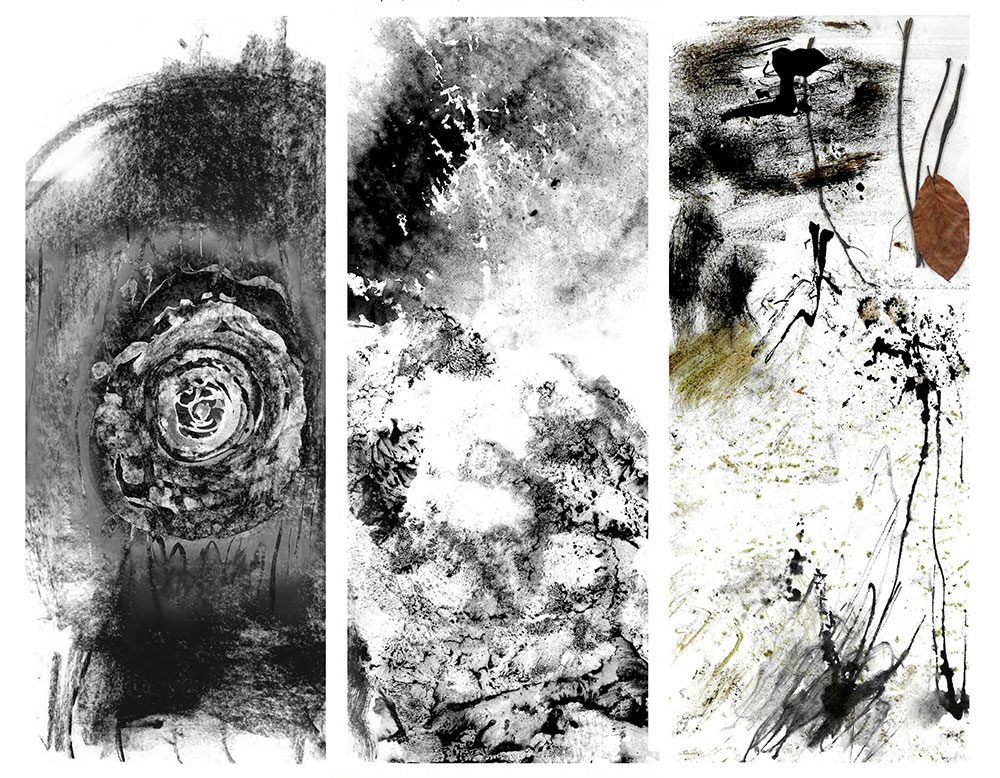Landscape Atelier 1a
The project explores the idea of ‘reconnecting’ following the multi-layered disconnection of the pandemic. The restrictions on movement and social distancing changed our relationships with; the environment; friends; routines and activities; nature; streets; cities; and our role within wider society. Following the initial stages of the Covid 19 crisis and having experimented with new modes of working; forms of living and temporary civic adaptations, we explored the opportunity to rethink how we design city spaces.
Using Deansgate, Manchester as a testbed we developed proposals of how we now wish to reconnect with people, places and nature. The project provided an introduction to the interconnected relationship of cities and landscape and the opportunity to test ideas through design.


